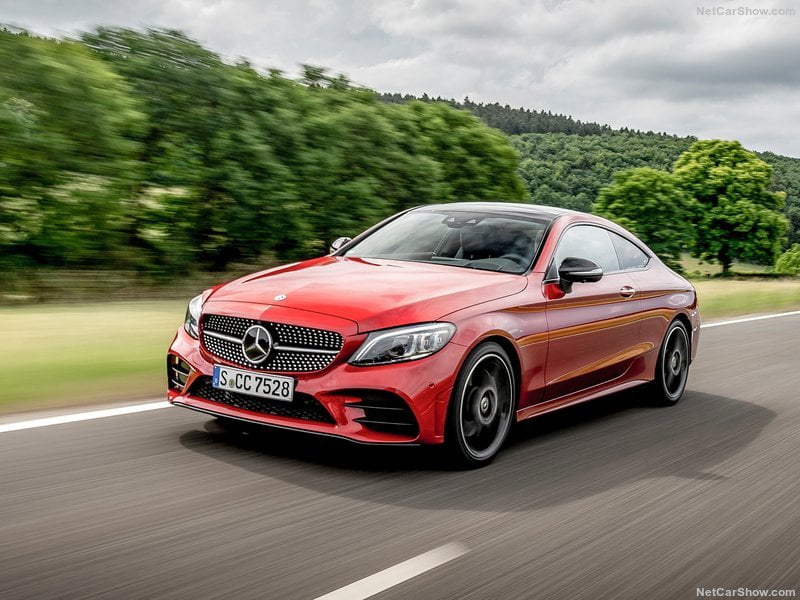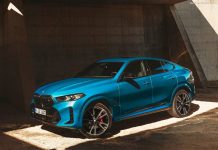Belgium Auto Sales in 2019 was flat, signing however the 5th consecutive positive performance. Indeed, the full year ended with registrations stable at 549.931, up just 0.1%. Volkswagen consolidated its leadership position with 9.7% of share, ahead of Renault and Peugeot.
Economic Environment
Belgium economic growth accelerated in the third quarter, after slowing in the second quarter. Although domestic demand eased, it surpassed expectations thanks to surprisingly resilient private consumption. Meanwhile, the external sector weighed less on the overall expansion than in Q2, as a decline in imports cushioned a fall in exports.
Turning to the fourth quarter, growth is expected to slow somewhat: Fixed investment likely remained subdued against the backdrop of weak external demand and lackluster sentiment in the construction and manufacturing sectors. That said, private consumption should buffer the slowdown thanks to a tighter labor market in October.
In recent years the Belgium car passenger market was moderately positive, with sales grew up form 541k in the 2012 to 628k in 2018, sustained by the positive economic momentum and by the incentives to renovate the car park with green vehicles. In 2018, the market marked the fourth annual gain in a row.
However, in 2019, according to data released by the Federation Belgie de L’automobile et du cycle, the market has decelerated, but still reporting a positive performance. Indeed, the full year ended with registrations stable at 549.931, up just 0.1%.
In the competitive landscape, Volkswagen was still the market leader, with 9.7% of share, increasing the gap from the follower, Renault, which held 8.8% of share.
Peugeot held the third position, while Mercedes kept growing year-by-year. Indeed, Mercedes, which has almost doubled its market share during the last decade, reached 6.9% of share.
Tables with sales figures
In the tables below we report sales for all Brands and top 10 Manufacturers Group.











